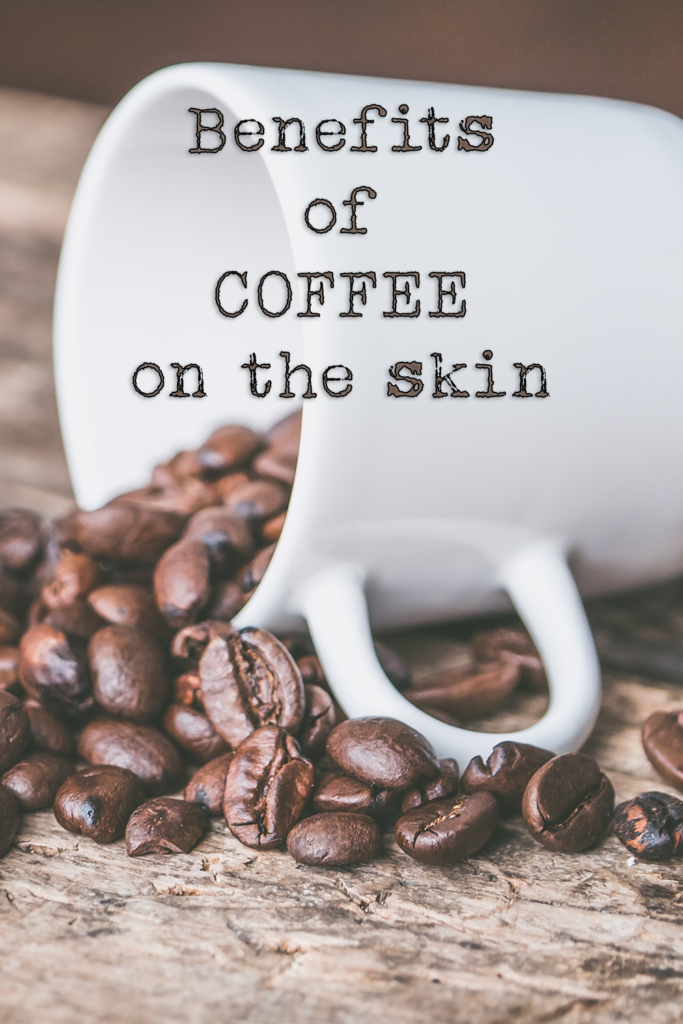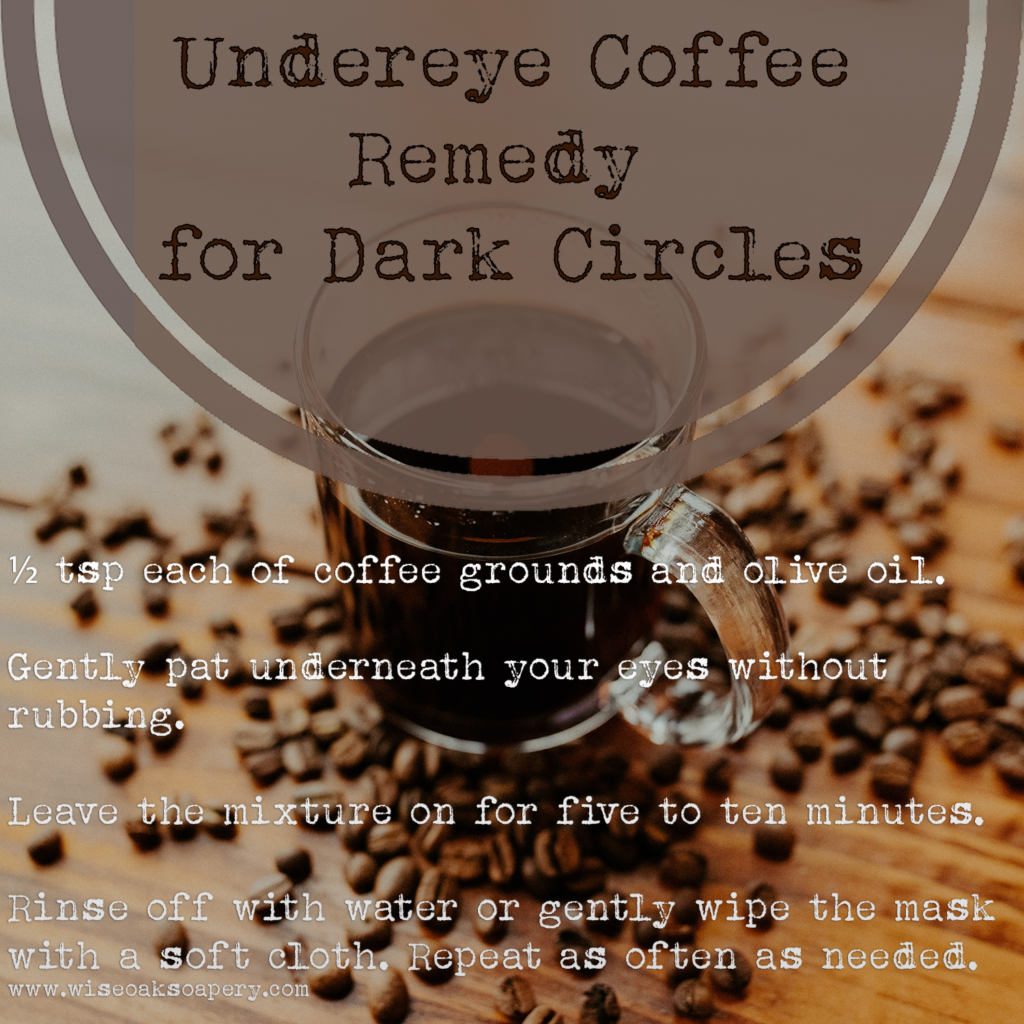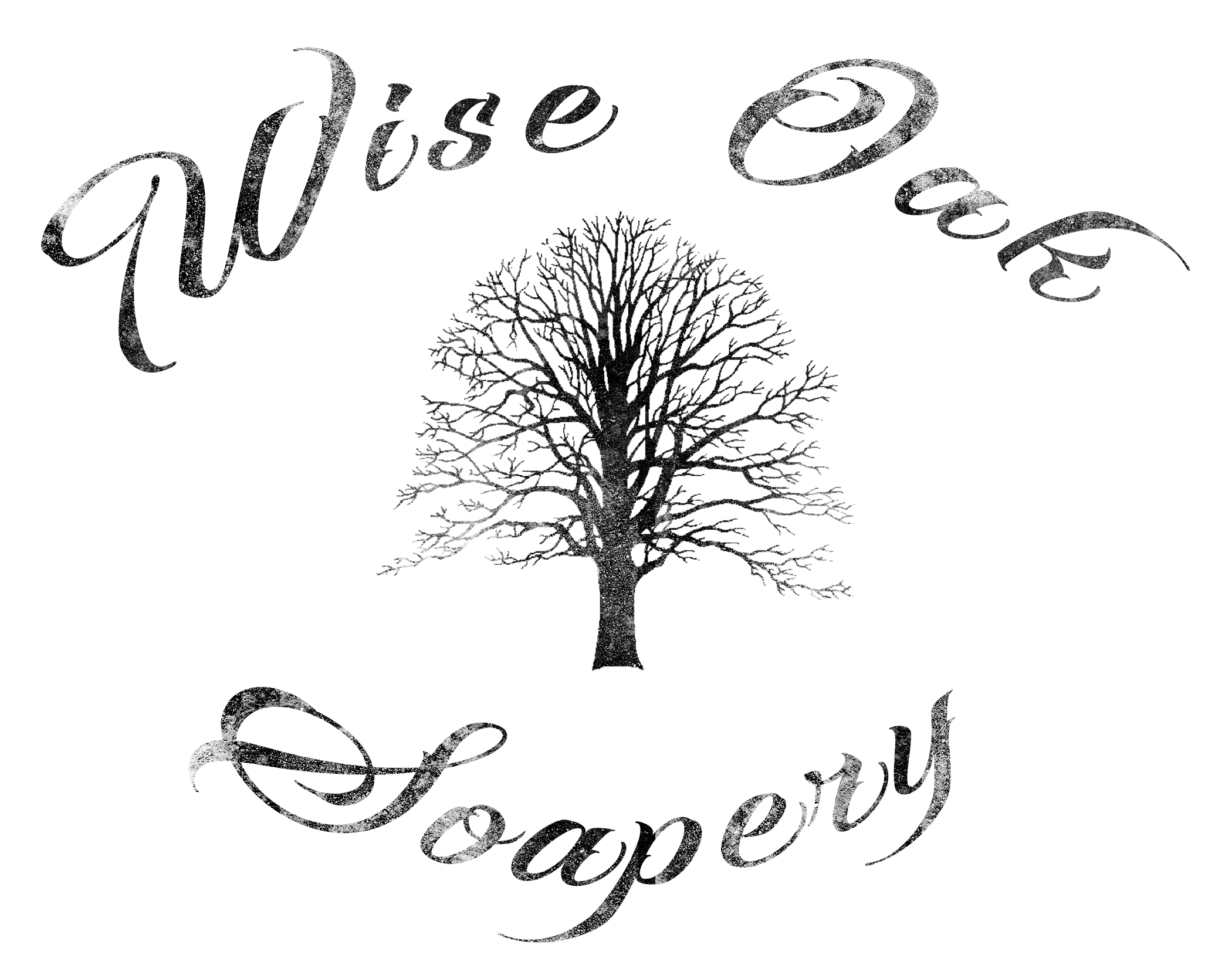Coffee is one of the most popular beverages and it’s easy to see why. It has a delightful warm and cozy flavor and welcomes us as we begin each and every day.

Like soap, no one knows exactly where it is from or exactly when it was discovered. However, the earliest mention of coffee was in Ethiopia and by the 15th century coffee was a common find in the Middle East.
By the 17th century, it had made its way to Europe and America and actually replaced beer and wine as the new breakfast beverage!
Can you imagine how much more productive people were starting the day off with a boost of energy instead of tipsy? No wonder so many choose coffee to start their day!
From there, it quickly made its way across the globe. Now, coffee can be found everywhere in homes, cafes and is common in social settings, bringing people together in gatherings, meetings and over breakfast.
I love my morning “Breakfast Coffee,” a blend of French roast coffee, unflavored gelatin powder, coconut milk, coconut oil and a touch of stevia blended to a froth. It reminds me of toasted marshmallows.
Coffee is full of antioxidants, more than cocoa or green tea. Antioxidants remove potentially damaging free radicals from our bodies. Free radicals, may play a role in heart disease, cancer and other diseases. Free radicals are molecules produced when your body breaks down food.
Antioxidants step in to help restore damaged cells.
Coffee is also rich in other necessary nutrients such as riboflavin (a B complex vitamin which is essential for metabolic energy production), potassium (helps regulate fluid balance, muscle contractions and nerve signals} and magnesium (regulates muscle and nerve function, blood sugar levels, and blood pressure and making protein, bone, and DNA.) .
It also contains caffeine which can help you feel less tired and more energized.
While some will argue that coffee is not beneficial to your health, it is hard to deny the fact that is contains a multitude of benefits. And while coffee is considered an AIP reintro food, it is a stage one reintro that I highly recommend considering.
But what can coffee do for our skin?
Quite a bit actually.
Coffee contains antioxidants that counteract the deterioration of our cells that help fight free radicals that can lead to skin damage. According to American Chemical Society , coffee is the most popular source of antioxidants in the United States. More than other antioxidant-rich beverages, such as tea and wine. (This makes me very happy as I love, love, love coffee!)
However, skin benefits from coffee are primarily obtained by applying them directly to your skin.
Benefits of coffee on the skin
- The caffeine in coffee can help reduce the appearance of cellulite on the skin. This is due to the fact that caffeine helps to dilate the blood vessels, thus smoothing out the appearance of the cellulite.
- Caffeine actually CALMS the body when it is applied topically instead of stimulating it as it does when taken internally. (How cool is that?)
- Applying coffee directly to your skin may help decrease the appearance of sunspots, redness, and fine lines.
- Using a coffee scrub helps to exfoliate and remove dry skin while delivering a boost of caffeine that will help reduce inflammation and make your skin appear smoother and tighter.
- Helps reduce inflammation and reduce acne, and reduce the appearance of dark circles under the eyes.
Here’s a quick recipe for dark circles under the eyes:
- ½ tsp each of coffee grounds and olive oil.
- Gently pat underneath your eyes without rubbing.
- Leave the mixture on for five to ten minutes.
- Rinse off with water or gently wipe the mask with a soft cloth. Repeat as often as needed.

